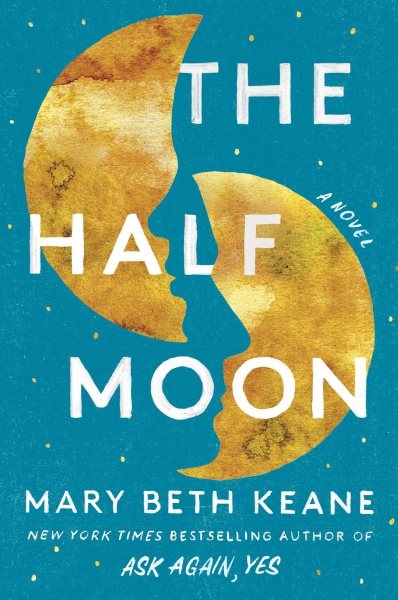
In her latest book, The Half Moon (2023), Mary Beth Keane tells the story of a married couple in crisis, thanks to circumstances beyond their control. Economic turmoil, infertility, and the shifting values of a younger generation of consumers—these things and more have fractured the lives, loyalties, and love of Malcolm and Jess Gephardt. Approaching midlife as they are, they're now questioning the nature of their commitment.
The town of Gillam provided the context for Keane's previous novel, Ask Again, Yes, and she chose to return there with The Half Moon. I am glad she did. Keane has a deep understanding of this particular kind of community, located a work week's commute outside of Manhattan. She knows its general workings, along with the nuances of class and culture, the kind aspirational values that drive certain people to succeed and thrive, despite the challenges that come their way. In this satisfying way, the setting of Gillam anchors The Half Moon in reality, as do the situations and characters detailed in its pages. I felt like I knew Malcolm and Jess, along with the secondary characters, by the time I reached the book's end; they reminded me of certain people I do know, in fact.
This is a compliment—Mary Beth Keane is an author who can inspire empathy within her readers, no easy task, for sure. If The Half Moon sometimes felt a bit predictable, and I found the ending too neat and easy, if I wasn't stirred by the story-line, as I was when I plunged into Ask Again, Yes, that doesn't mean that I didn't enjoy this novel. I did; I savored it. It's a companionable book, an ultimately comforting book. And that is a good kind of book indeed.